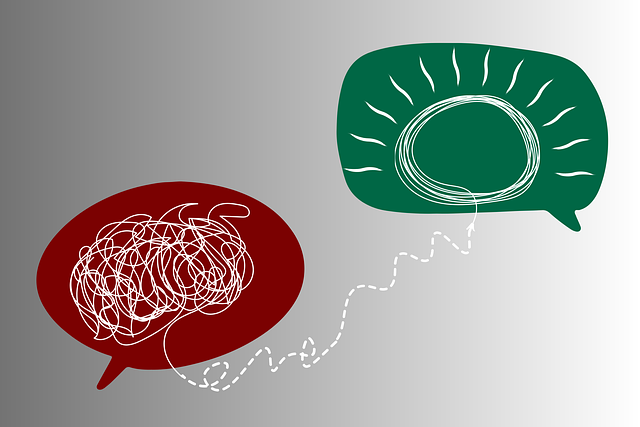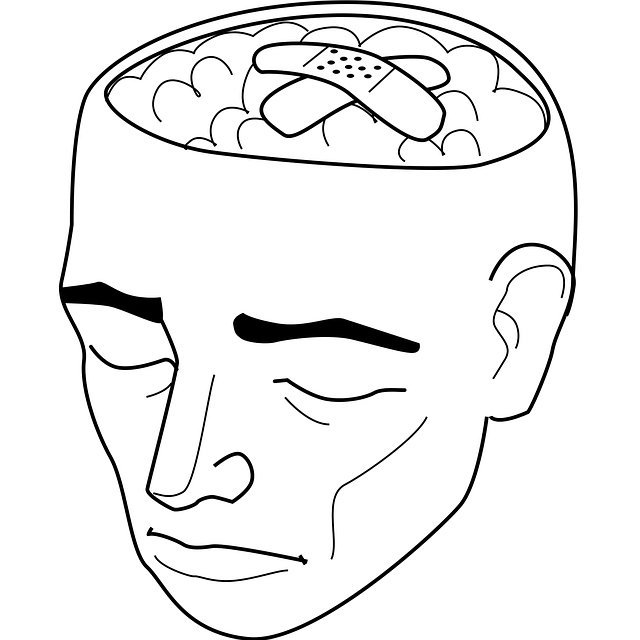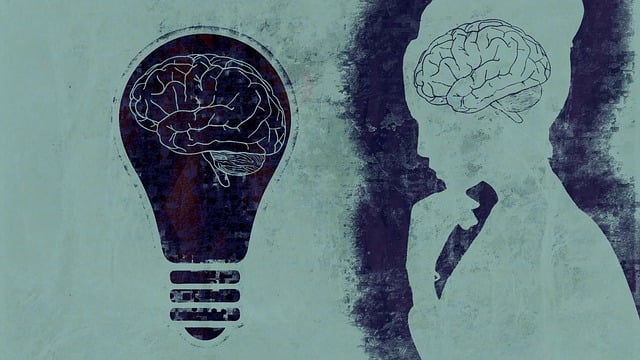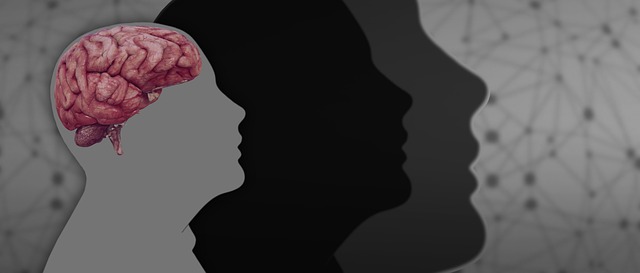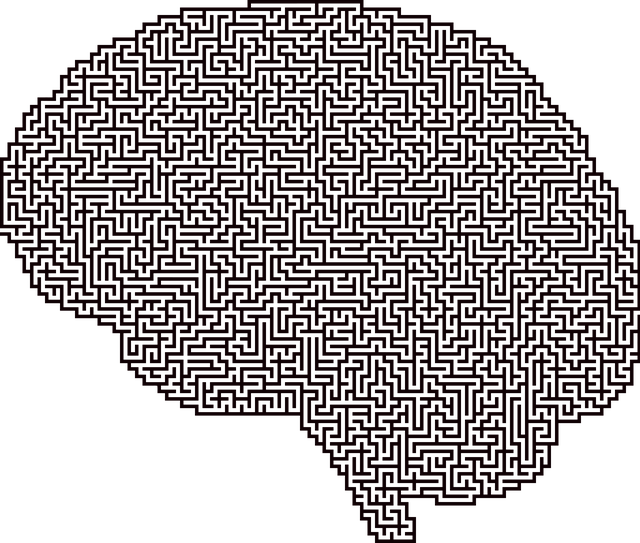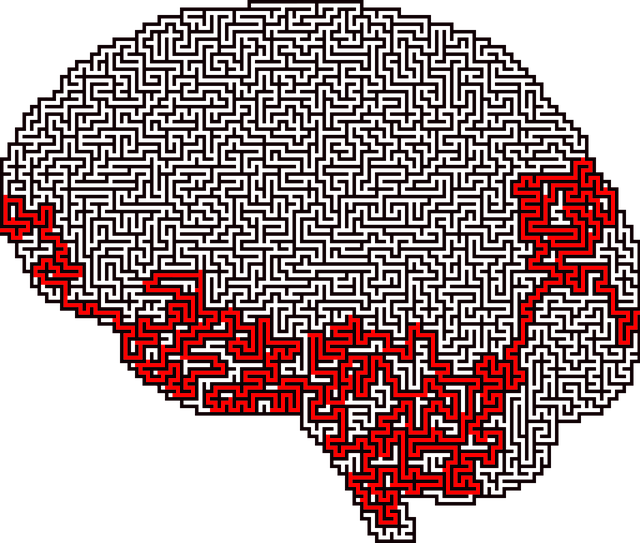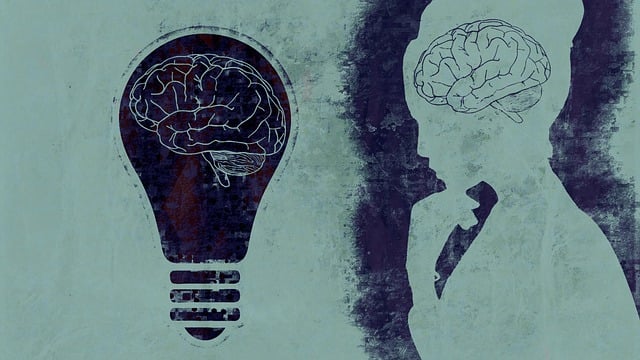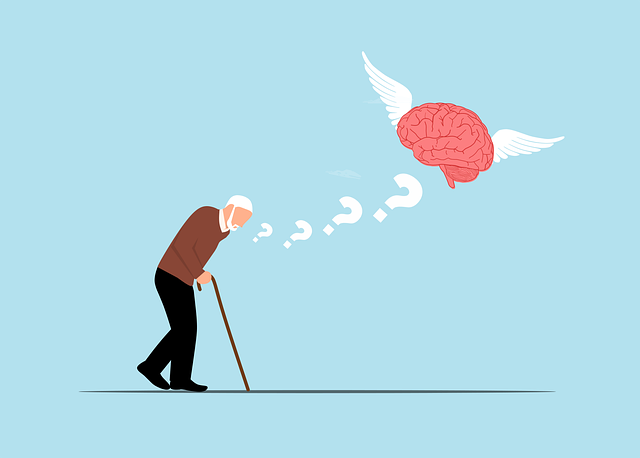Young adults with mental illness need a multi-faceted approach to diagnosis and treatment, including recognizing symptoms, seeking healthcare, and undergoing professional evaluations. Key therapies include cognitive-behavioral therapy (CBT), mindfulness practices, and biofeedback training for self-regulation skills. Biofeedback, combining talk therapy with real-time feedback from bodily functions, offers innovative anxiety relief through tailored support and personalized coping strategies. This holistic approach, demystifying treatment options like CBT, mindfulness, and biofeedback, empowers young adults to combat stigma and achieve lasting well-being.
“Unraveling mental illness diagnoses is a crucial step towards healing for young adults. This article provides an insightful guide, ‘Understanding Mental Illness Diagnoses,’ exploring the intricate process, specifically tailored to this demographic. We delve into effective therapy options, highlighting biofeedback as a powerful tool for managing mental health challenges.
Additionally, ‘Navigating Treatment Options’ offers a comprehensive resource for young adults seeking support, empowering them to make informed decisions. Discover how these strategies can be the key to finding the right path to recovery and improved well-being.”
- Understanding Mental Illness Diagnoses: Unveiling the Process for Young Adults
- Biofeedback Therapy: A Powerful Tool for Managing and Overcoming Mental Health Challenges
- Navigating Treatment Options: A Comprehensive Guide for Young Adults Seeking Support
Understanding Mental Illness Diagnoses: Unveiling the Process for Young Adults

For young adults navigating a mental illness diagnosis, understanding the process is crucial. The journey often begins with recognizing symptoms and seeking help from a healthcare provider. This initial step involves detailed evaluations by professionals who use evidence-based methods to determine the specific type and severity of the disorder. Diagnosing mental illnesses like depression, anxiety, or bipolar disorder requires a comprehensive assessment that may include interviews, questionnaires, and physical examinations to rule out other conditions.
Once a diagnosis is confirmed, therapy for young adults becomes a critical component of treatment. Techniques such as cognitive-behavioral therapy (CBT) and mindfulness practices have proven effective in managing symptoms. Additionally, biofeedback training can empower individuals with self-regulation skills, boosting their confidence in managing stress and emotional well-being. Mental illness stigma reduction efforts also play a vital role in encouraging open conversations and seeking timely interventions.
Biofeedback Therapy: A Powerful Tool for Managing and Overcoming Mental Health Challenges

Biofeedback therapy is a powerful tool that empowers young adults to take charge of their mental health and well-being. This innovative approach combines traditional talk therapy with real-time feedback from bodily functions, enabling individuals to learn how to regulate stress responses and emotional states. By measuring physiological signals like heart rate, muscle tension, and brain waves, biofeedback provides actionable insights into a person’s mental state, fostering a deeper understanding of their unique triggers and coping mechanisms. This self-care routine development for better mental health is particularly beneficial, as it teaches young adults to manage anxiety, depression, and even post-traumatic stress disorder (PTSD) effectively.
The cultural sensitivity in mental healthcare practice that biofeedback incorporates ensures that diverse populations receive tailored support. By addressing both the mind and body, this therapy boosts confidence and promotes resilience, encouraging a proactive approach to mental health management. As young adults navigate their journey towards healing, biofeedback serves as a game-changer, offering them practical strategies to overcome challenges and foster lasting well-being.
Navigating Treatment Options: A Comprehensive Guide for Young Adults Seeking Support

Navigating treatment options can be overwhelming for young adults facing mental illness. This comprehensive guide aims to demystify the process, empowering individuals to make informed decisions about their emotional well-being. The first step is understanding various therapeutic approaches, such as therapy tailored specifically for young adults and biofeedback, which offers powerful techniques for anxiety relief. These evidence-based methods have proven effective in managing a range of mental health concerns.
Beyond traditional therapies, promoting emotional well-being involves exploring innovative practices like mindfulness exercises and support groups. By combining these strategies with professional guidance, young adults can combat the stigma associated with mental illness while developing long-lasting coping mechanisms. This holistic approach ensures individuals receive comprehensive care tailored to their unique needs.
Mental illness diagnosis and treatment can be a complex journey for young adults, but with the right tools and guidance, they can navigate this path with confidence. By understanding the diagnostic process and exploring evidence-based therapies like biofeedback, individuals can take control of their mental health. The comprehensive guides provided here offer valuable insights into different treatment options, ensuring young adults make informed decisions about their well-being. With access to such resources, overcoming mental health challenges becomes a more manageable and hopeful endeavor for this demographic.
